Table of Contents
ToggleLegislation As A Legacy
Few government interventions in United States history inspire as much wistful sentimentalism as the Homestead Act.
However, history is often viewed through rose-tinted glasses, and American history, in particular, is prone to wild misrepresentation. The cowboys may not have been the gun-touting heroes of cinema, but are the homesteaders of popular culture a genuine artifact of America’s founding?
Heralded as the beginning of a new era, the Homestead Act was enshrined into law by President Abraham Lincoln and his Republican Congress on May 20, 1862, triggering an era of social and economic upheaval that helped to shape the America of today.
Race and Opportunity
“Free Soil, Free Speech, Free Labor, Free Men.”
Over a century before Dr. Martin Luther King’s famous speech at the March on Washington, the Free Soil Party of the 1850s was the primary exponent of the anti-slavery movement in the United States.
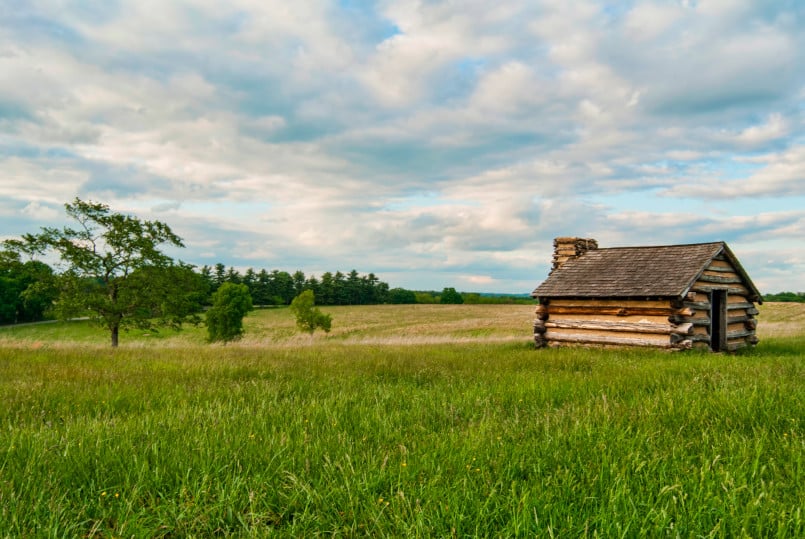
Their combined goals of emancipation and a homestead law, outlined in their party slogan, provided the blueprint for the 1862 legislation.
Inclusive of single women, immigrants, and former slaves, the Homestead Act was, for its time, a genuinely progressive piece of legislation.
Any free man or woman over 21 was entitled to claim a 160 acre parcel of land, provided they established a homestead of 12-by-14 feet and cultivated the land over a minimum five-year period.
A further condition stipulated that any individual who had taken up arms against the United States government could not claim a parcel under the program.
More than just an act of retribution, this was designed to cripple southern influence in the west. Conversely, soldiers who had served the North during the Civil War were entitled to claim time served in the army against the five-year minimum occupancy.
All Roads Lead West
Given the opportunity to possess land on an equal footing with White Americans, many African Americans abandoned the southern states in favor of Kansas, North Dakota, and Nebraska.
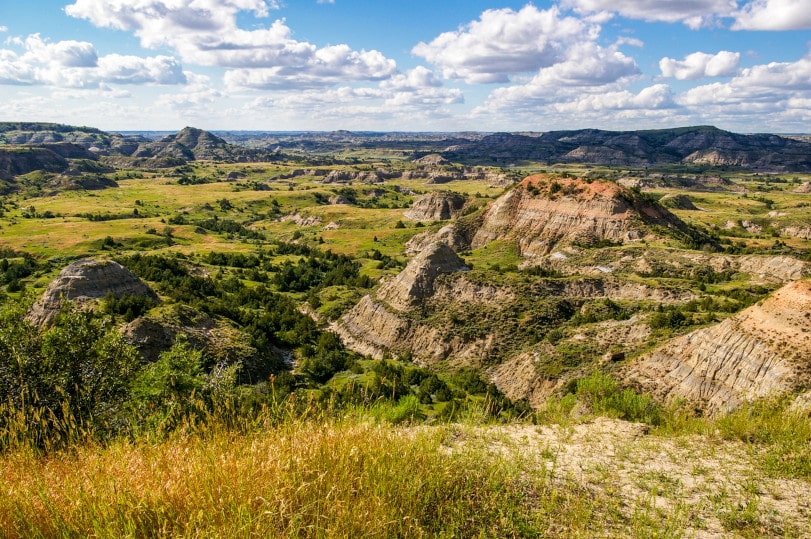
Notwithstanding the racial injustices that exist to this day across the nation, this was a watershed moment in America’s long and arduous struggle for equality.

Get Smarter on US News, History, and the Constitution
Join the thousands of fellow patriots who rely on our 5-minute newsletter to stay informed on the key events and trends that shaped our nation's past and continue to shape its present.
And yet, that legacy is paved over with the eviction, betrayal, and killing of the Native American communities who inhabited these “unappropriated” lands for generations before the expansion west.
Any advances in civil rights must be viewed in the context of winners and losers, each directed by the shifting sympathies of American lawmakers.
IA belief in territorial destiny was only as large as an appetite for dominion, and the American conscience suffered little remorse in its march west.
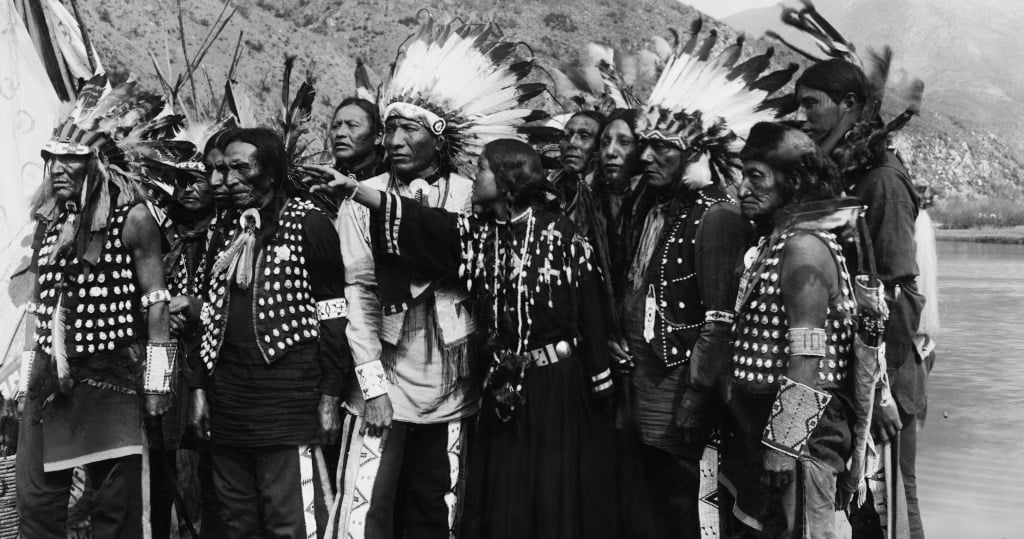
A New Market
Of course, this wasn’t simply an exercise in wish fulfillment. As with every major development in American history, the Homestead Act was underwritten by persuasive political and economic factors.
With the southern contingent licking its wounds and scrambling for coordination, the northern states saw an opportunity to extend their influence deeper into America’s heartland – and seized it.
Prospecting for Land
Just as gold had sucked the ambitious west two decades previously, from 1862 onward, the “land rush” took hold of the American psyche.

The federal government teased these new prospectors along carrot and stick, as phrases like “Vote yourself a farm” entered the political vocabulary. It appealed to the everyman and was an opportunity many couldn’t afford to miss.
All told the Homestead Act granted 260 million acres of federal land to settlers (6 million by 1876 alone).
There was a massive increase in agricultural revenue (in Montana, wheat farming replaced mining as the state’s foremost industry), further advances in cross-country transit, and the consolidation of western settlers’ already tightening grip on the North American continent.
An American Legacy
Despite its many faults, America is still viewed by many as a land of opportunity. We might consider the Homestead Act a founding article in this national identity.
But just as modern migrants have become disillusioned with America’s promises of liberty, in reality, this was a political initiative plagued with inadequacies.
Hard Soil, Harder Times
Upon securing their 160 acre parcel, many found the soil too hard to cultivate, the harsh conditions, and the sprawling West an empty, lonely place to start a new life.
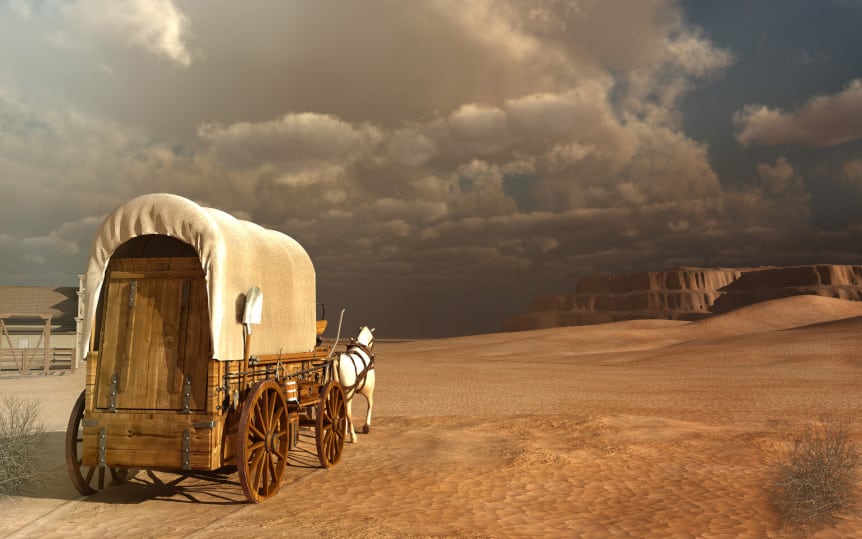
Of the 2,000,000 available plots, only 783,000 were successfully claimed, and of those, a further 60% were abandoned by settlers overcome by illness, infestation, and financial ruin.
Women are believed to have suffered disproportionately in households struggling to make ends meet. For many, the pastoral dream quickly unraveled into a nightmare.
Land of Dishonesty
There was fraud and misuse too. Unscrupulous homesteaders found loopholes in the legislation, taking advantage of its simplicity. A common ploy was willfully misinterpreting the required dimensions of the homestead, building in inches instead of feet.

Another tactic was for a homesteader acting on behalf of a business to secure a plot with a major water source. Neighboring farms were then cut off from the resources they needed to survive, creating a monopoly.
By contrast, the surrounding economies suffered. Some economic historians maintain that the Homestead Act drained America’s economy.
The Homestead Act Today
Officially repealed in 1976, the Homestead Act remained in use in Alaska for a further ten years. The final parcel was claimed in America’s Last Frontier as late as 1988, a testament to the suffocation of land available throughout the states during the century of American expansion.
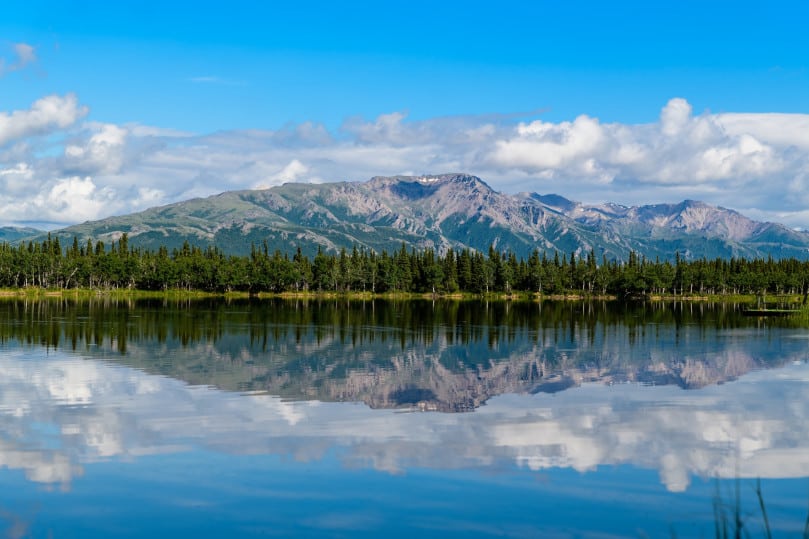
Today, it is estimated that up to 60% of United States soil is owned privately, while the rest is federal land.
In terms of those communities with a historical link to homesteading, a study by Harvard showed they were poorer today, their towns less developed, and their economies still dependent on agriculture.
Perhaps the Homestead Act’s legacy resides, in the romantic sphere, in the popular imagination, which has helped make America a symbol of freedom worldwide. Despite its shortcomings, legislation became a legacy woven into a historical narrative that cannot be repealed.











